Introduction
Choosing a safe and hygienic environment for your dog is crucial. When you’re away, your furry friend deserves a clean and healthy space. Comprehensive health assessments at daycare and boarding facilities protect your pet. This guide will help you evaluate health standards at these places.
Speaking of clean and healthy spaces, why not start at home? A great way to keep your dog’s essentials organized is with a Dog Vaccination Records Holder. It ensures all your pup’s health documents are in one place, so you’re never scrambling to find that rabies shot record at the last minute!
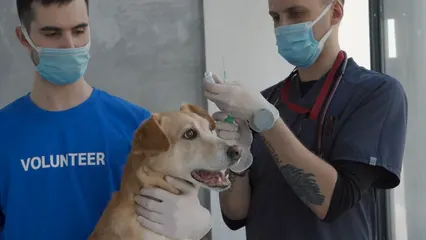
Summary and Overview
Several key factors matter when assessing dog daycare and boarding facilities. Health standards, staff qualifications, safety measures, and cleanliness are all vital. A facility’s health standards directly impact your pet’s well-being. Common health requirements include up-to-date vaccinations and regular check-ups. As dog daycare and boarding services become more popular, it’s essential to ensure your choices prioritize health. The following sections will provide detailed criteria to help you make informed decisions.
And speaking of keeping your pup healthy, don’t forget to pack a Pet First Aid Kit whenever you take your furry friend on an adventure. You never know when a little mishap might happen, and being prepared can make all the difference!
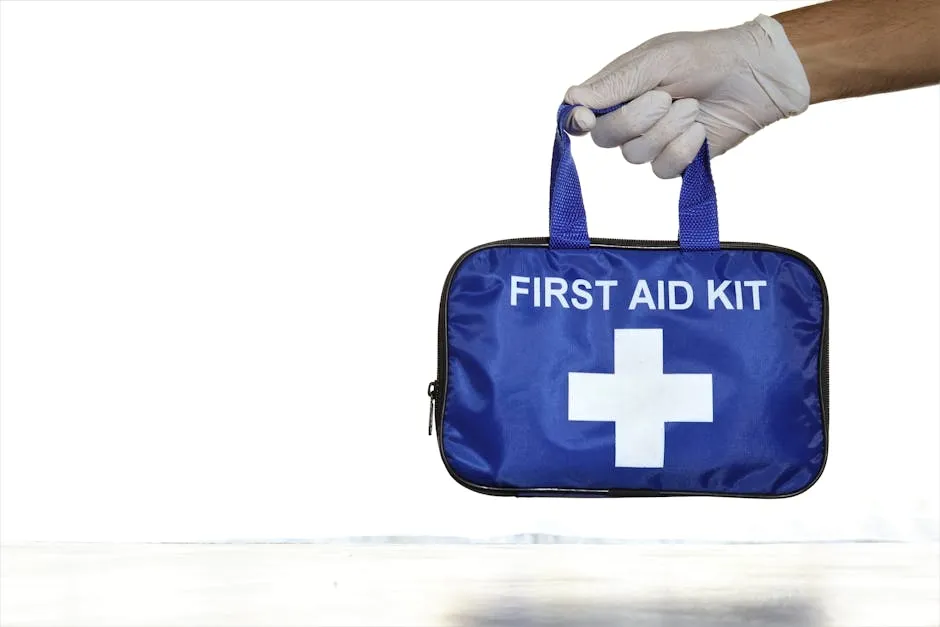
Evaluating Health Standards at Dog Daycare and Boarding Facilities
Understanding Vaccination and Health Requirements
When choosing a dog daycare or boarding facility, up-to-date vaccinations are essential. Vaccines like rabies and Bordetella protect your dog from serious diseases. Unvaccinated dogs are at higher risk for illnesses such as kennel cough, which can spread rapidly in communal settings.
Facilities should have clear vaccination policies. This means they require proof of vaccinations before admission. You’ll need to provide documentation, which often includes recent health check-ups. A negative fecal exam is also vital. This test checks for parasites that could affect other pets.
Health screenings before admission ensure sick pets don’t enter the facility. By assessing health status, facilities help maintain a safe environment. Statistics show that kennel cough can be prevalent among unvaccinated dogs, making these protocols crucial.
Before committing to a facility, verify their vaccination requirements. It’s important to ensure your pet’s health and safety while in their care. For more information on the importance of vaccinations, you can refer to this article on Understanding canine vaccinations and when they’re needed.
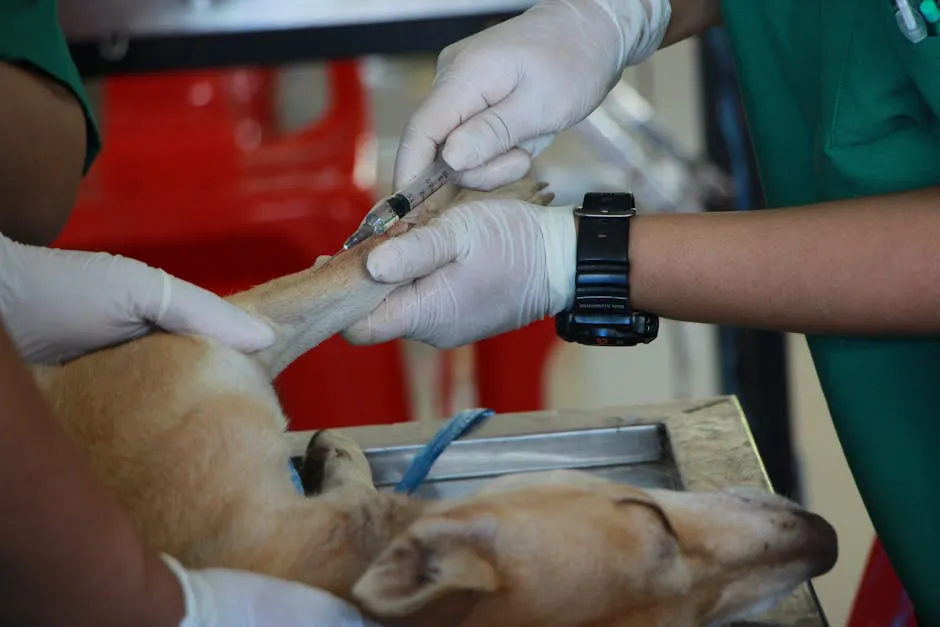
Understanding vaccinations is crucial for ensuring your dog’s health and safety in daycare settings. Understanding canine vaccinations and when they’re needed
Assessing Cleanliness and Sanitation
Cleanliness is a top priority in any dog daycare or boarding facility. Look for signs of good sanitation practices during your visit. A clean facility will smell fresh and appear tidy. Floors should be free of visible dirt or waste, and areas should be well-organized.
Inquire about the frequency of cleaning and disinfection protocols. Facilities should clean all areas, including kennels, play areas, and feeding stations, multiple times a day. Proper waste disposal is vital for hygiene. Check if they have clean bedding and sanitized food and water bowls.
Odor management is another key factor. A facility with poor odor control may indicate inadequate cleaning. Data shows that diseases spread more easily in poorly maintained environments, making cleanliness essential for your pet’s health.
When possible, schedule a tour of the facility. Observing cleanliness firsthand provides reassurance about the care your dog will receive. You might also want to invest in some Dog Cleaning Supplies to keep your home as spotless as that daycare you’re considering!

Evaluating Staff Qualifications and Training
When assessing a dog daycare or boarding facility, the staff’s qualifications are key. Trained personnel play a vital role in maintaining health standards. They must have the right certifications and training to ensure your dog’s safety.
Look for required qualifications like pet care certifications. Facilities should ideally employ staff trained in canine behavior and emergency procedures. This training helps staff recognize signs of distress or illness in dogs. Knowledgeable staff can manage various situations, ensuring a safe environment for your pet.
Another important aspect is the staff-to-dog ratio. A lower ratio means more supervision, which is crucial for monitoring interactions. It allows staff to provide individual attention and care, enhancing your dog’s experience. A good rule of thumb is one staff member for every 10-15 dogs. This ensures your dog receives the attention they deserve during their stay.
When touring the facility, don’t hesitate to ask about staff training. Understanding their background can provide peace of mind about your dog’s care while you’re away. And hey, while you’re at it, check out a Dog Behavior Training Book to brush up on your own skills while you’re at it!
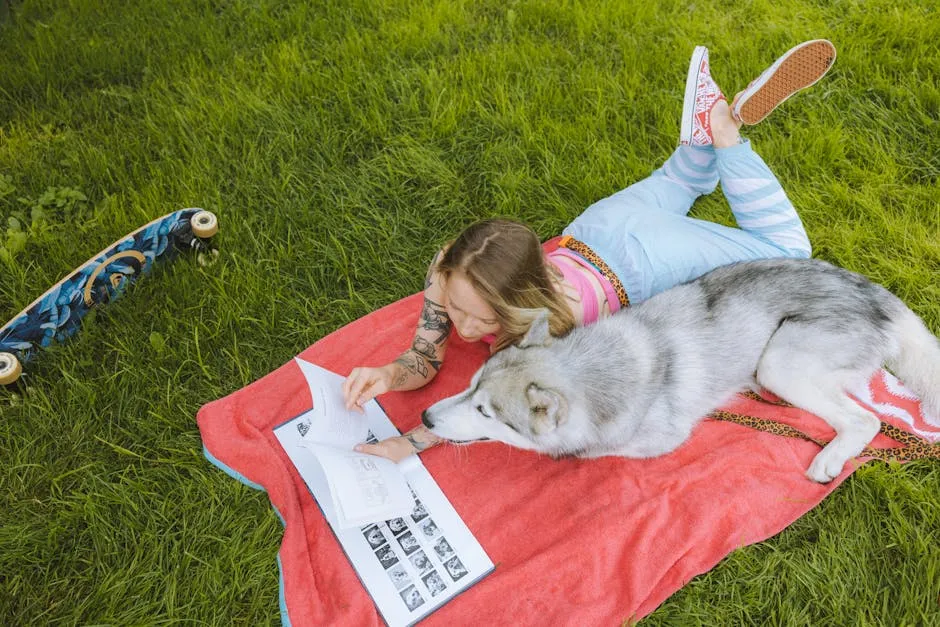
Safety Measures and Emergency Protocols
Safety should always be a top priority in any dog daycare or boarding facility. Understanding their safety measures is essential for your dog’s well-being. Inquire about emergency protocols and disaster preparedness. Facilities should have clear plans in place for various emergencies, such as fires or natural disasters.
Availability of veterinary care is another critical factor. Ensure that staff members are trained in pet first aid. They should know how to handle injuries or health emergencies. Ask what procedures they follow if a dog becomes ill or injured during their stay.
Additionally, find out how they manage health emergencies. Quick response times can make a difference in critical situations. Facilities should have established procedures for contacting pet owners and local veterinarians in case of emergencies.
Before committing to a facility, ensure you understand their emergency protocols. This knowledge will give you confidence that your dog is in capable hands while you are away. And don’t forget to grab a Dog Travel Carrier for those trips to the vet!

Observing Dog Interactions and Socialization
Socialization is vital in dog daycare settings. It helps dogs learn to interact well with others. Before you choose a facility, observe how they manage socialization.
First, assess how dogs’ temperaments are evaluated. Facilities should conduct temperament assessments for each dog. This ensures compatibility within groups. Dogs with similar energy levels and play styles should be paired together. This practice reduces stress and potential conflicts.
Next, look for staff supervision during playtime. Trained staff should monitor interactions closely. They should be able to intervene if any conflicts arise. Good daycare facilities will have a strategy to handle any behavioral issues swiftly. This attentive supervision keeps dogs safe and happy.
Also, consider the daily structure of activities. A well-planned day includes playtime and rest periods. Dogs need time to relax after active play. This balance prevents overstimulation and keeps dogs engaged.
When visiting a facility, take note of how dogs interact. Are they playing happily, or do they seem stressed? Observing these interactions can give you great insights into the facility’s practices. And if you want to keep your pup entertained at home, consider investing in some Dog Puzzle Toys to keep their minds sharp!
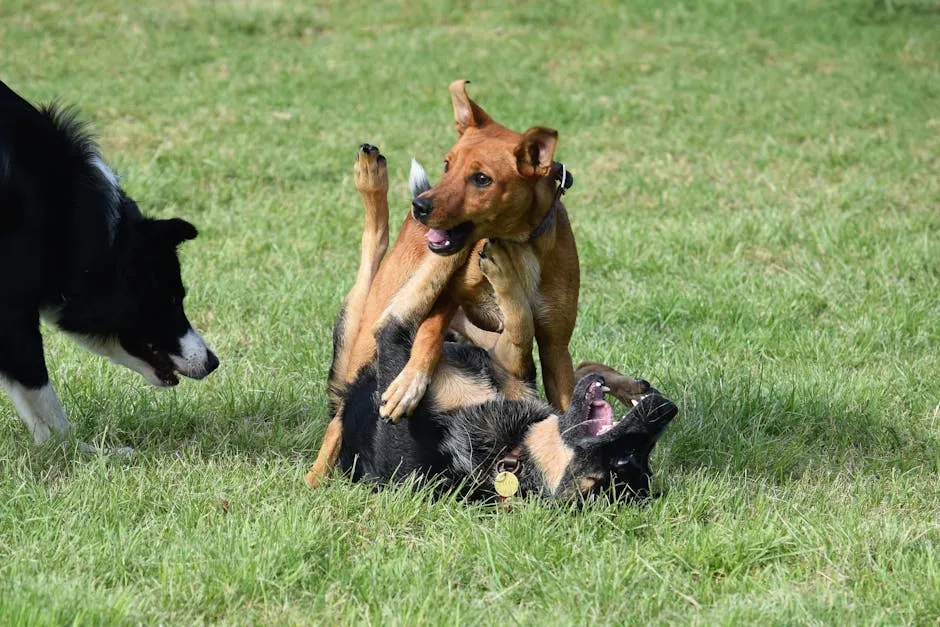
Take the time to see how staff manage social situations. This will help you ensure your dog will thrive in their care.
As you tour potential facilities, keep these points in mind. A good daycare will prioritize dog socialization and safety. And while you’re at it, don’t forget to check out some Dog Toys to take home for some extra fun!

Conclusion
In this guide, we highlighted key points for assessing health standards in dog daycare and boarding facilities. We discussed the importance of vaccinations, cleanliness, staff qualifications, and socialization. Each element plays a crucial role in your pet’s safety and well-being.
Thorough evaluation is essential. It ensures your furry friend stays in a secure environment. Take an active role in assessing potential facilities. Your diligence will pay off in ensuring your pet’s happiness and safety. And remember, a comfy Dog Bed at home can make all the difference after a long day of play!

FAQs
What vaccinations are typically required for dogs at daycare facilities?
Most dog daycare facilities require several vaccinations. Common vaccinations include rabies, Bordetella, and distemper. Keeping these vaccinations current protects all dogs in the facility. Ask about their specific requirements and policies on documentation. Some facilities may also request a recent negative fecal exam. This test ensures your dog is free from intestinal parasites. Always verify vaccination policies before enrolling your dog.
How can I tell if a dog boarding facility is clean and sanitary?
Observing cleanliness during your visit is vital. Look for fresh smells and tidy conditions. Check if floors are free from dirt and waste. Inquire about their cleaning protocols. Facilities should clean play areas and kennels multiple times a day. Ensure they use pet-safe cleaning products. Ask about the frequency of bedding changes and food bowl sanitation. A clean facility speaks volumes about their care standards.
What should I do if my dog has special health needs?
If your dog has specific health needs, communicate them clearly with the facility staff. Provide detailed information about medications, dietary restrictions, and any behavioral concerns. Ensure they can accommodate these needs before booking. Ask if they can follow your dog’s regular routine, such as feeding schedules. A good facility will be open to discussing your dog’s requirements and ensuring proper care.
Are there specific signs to look for that indicate a facility is safe for dogs?
Safety indicators include secure enclosures and attentive staff. Look for facilities that have visible safety measures, such as sturdy fencing and supervision during playtimes. Staff should interact positively with dogs, showing they understand canine behavior. A facility should also have emergency protocols in place. Observe if the environment feels calm and welcoming for dogs. These factors are essential for a safe experience.
How often should facilities conduct health checks on the dogs in their care?
Regular health checks are essential for maintaining a healthy environment. Facilities should conduct daily assessments to identify any signs of illness. Staff should be trained to spot symptoms like coughing or lethargy. With prompt attention, potential health issues can be addressed quickly. Routine monitoring helps ensure the well-being of all dogs in their care.
What should I look for in staff qualifications at a dog daycare?
Staff qualifications are crucial for your dog’s safety. Look for trained personnel with experience in animal care. They should understand canine behavior and emergency procedures. Certifications in pet first aid or CPR are beneficial. Inquire about their training process and ongoing education opportunities. A knowledgeable staff can better handle various dog behaviors and medical situations.
Can I bring my own food for my dog during their stay?
Many facilities allow you to bring your dog’s food. This helps maintain their regular diet and prevent digestive issues. Confirm the facility’s policy on personal food. If they allow it, provide clear feeding instructions. Include details on portion sizes and feeding times. This ensures your dog receives the same care and diet they are used to at home.
Please let us know what you think about our content by leaving a comment down below!
Thank you for reading till here 🙂
All images from Pexels





